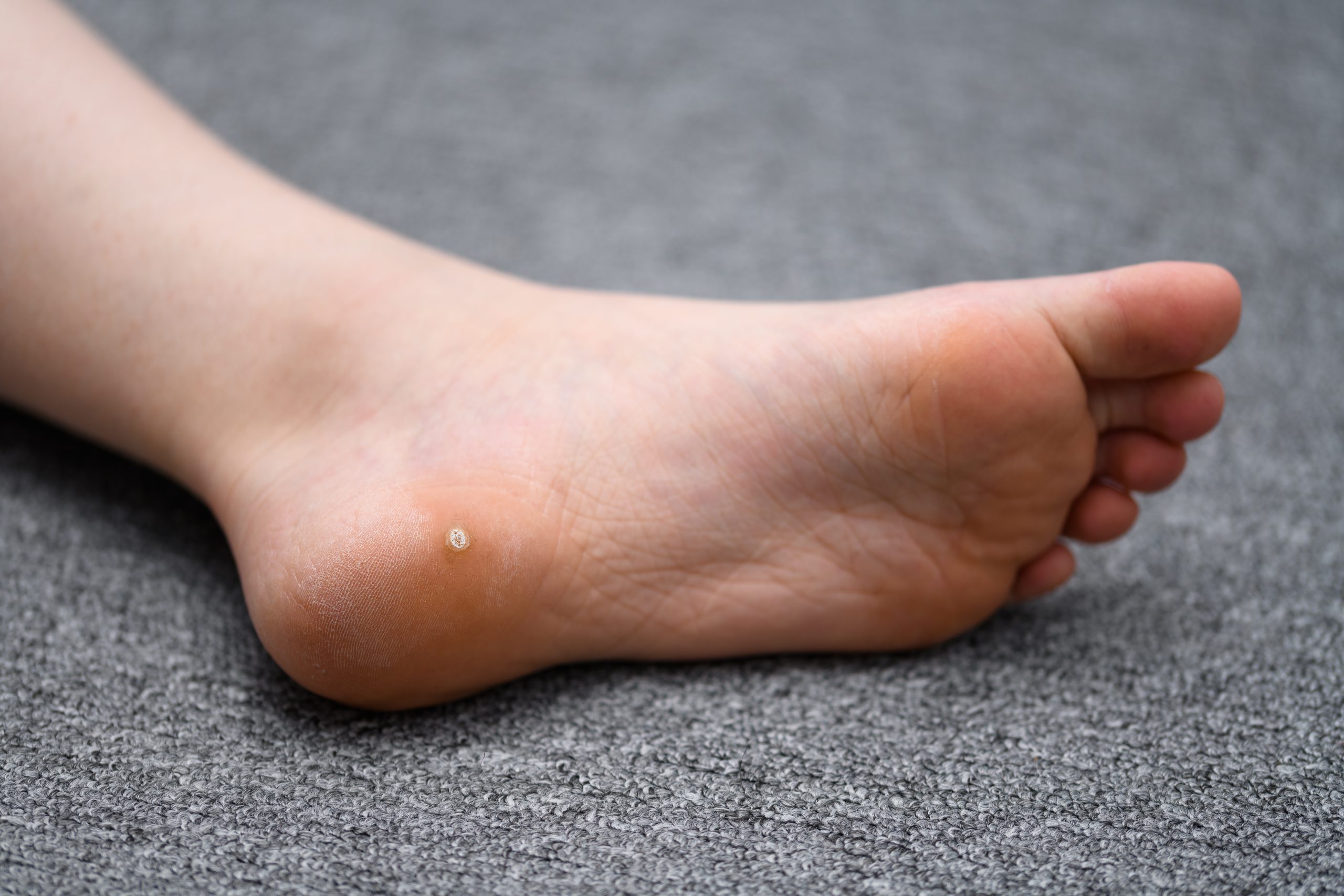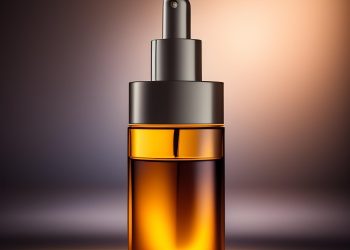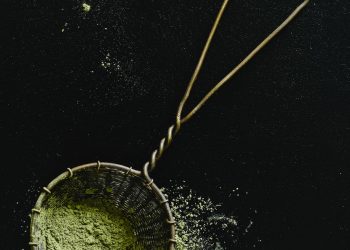Boils are red and have tender lumps on your skin. [1]
“Staphylococcal bacteria” is one of the main causes of developing boils on the skin.
This germ gets into the body via tiny cuts on the skin or hair follicles.
The lumps get filled with pus and become painful until all the pus is drained out. [1]
Some essential oils for boils may help you get rid of the infection and its symptoms. [3]
But if it’s a group of boils, you need to visit a doctor. [2]
This article reviews the efficacy of some essential oils for reducing the symptoms of skin inflammations such as boils. You’ll also learn about the causes, symptoms, and risk factors of developing boils on the skin.
Potential Essential Oils for Boils Treatment
Let’s discover some of the best essential oils for curing your boil at home.
1. Tea Tree Oil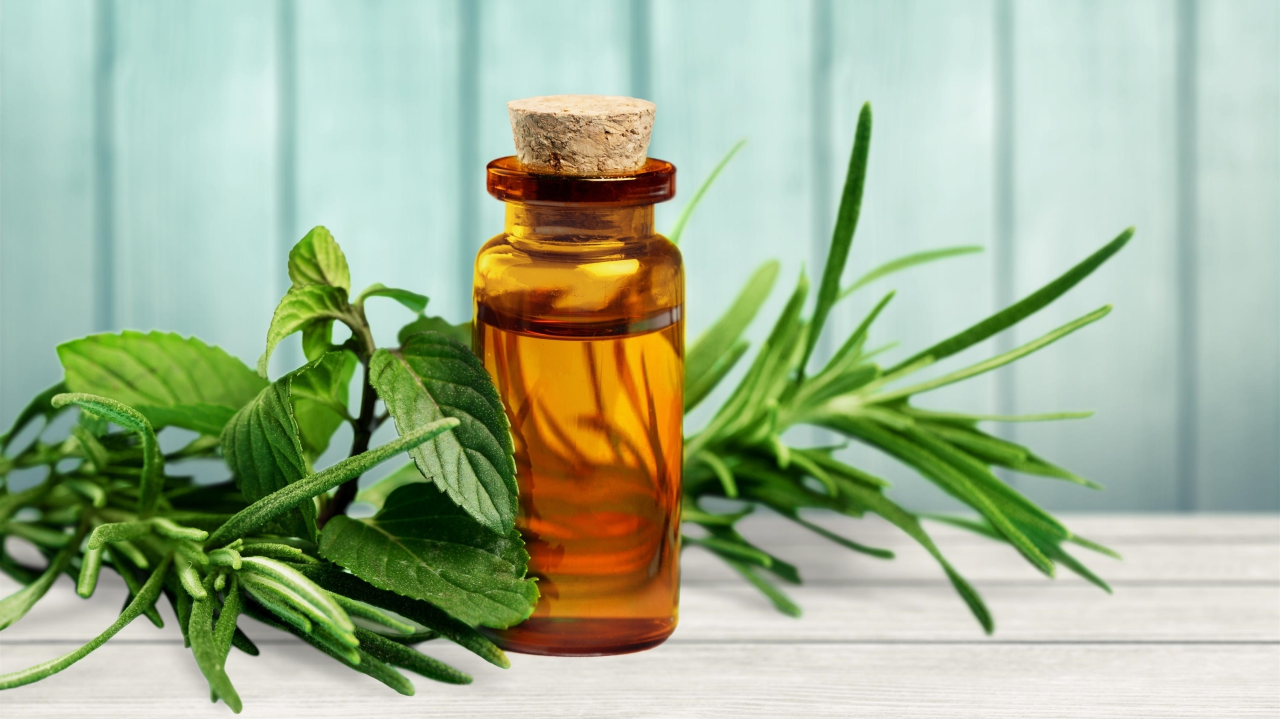
Tea tree oil has various health benefits. Its antimicrobial, antifungal, and antibiotic properties may help in curing boils. [4]
It is good for treating many fungal skin infections.
Experts suggest that tea tree oil is perhaps the most effective essential oil for boils remedy. [4]
It can kill the bacteria responsible for boils and may heal the inflammations faster.
How you can use tea tree essential oil for boils:
- Wash the boil-affected skin around with mild antibacterial soap and warm water.
- Add around one cup of salt to one liter of hot water.
- Soak a cloth in the mixture for 5 minutes to prepare a compress.
- Squeeze out the excess water from the cloth and apply it to your boil for 10 minutes.
- Massage a few drops of tea tree essential oil on the boil and cover it with a dressing.
- You can perform this up to three times a day.
- Wash your hands even during the treatment process to avoid the spread of the infection elsewhere.
Read More: 12 Incredible Health Benefits of Tea Tree Oil (Backed by Evidence)
2. Bergamot Oil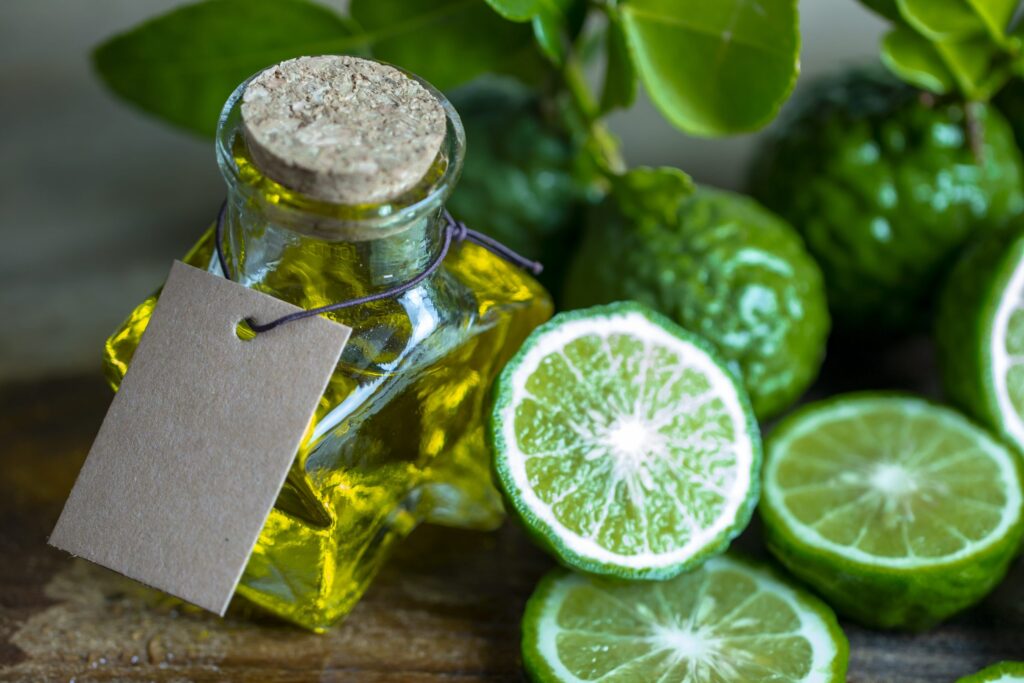
Bergamot oil may be an effective treatment for skin infections such as boils, ulcers, eczema, and chickenpox. [5]
It’s efficient at treating boils as it contains antibacterial properties. The component may help in getting rid of the infection and promote faster healing.
Learn how you can use bergamot oil to get rid of boils fast:
- Add a few drops of the bergamot essential oil to warm water.
- Soak a clean cloth on the mixture, wring out and apply it to the boil.
- You can continue this process every day until your infection clears up completely.
Read More: 12 Health Benefits of Bergamot Oil plus How to Use
3. Lavender Oil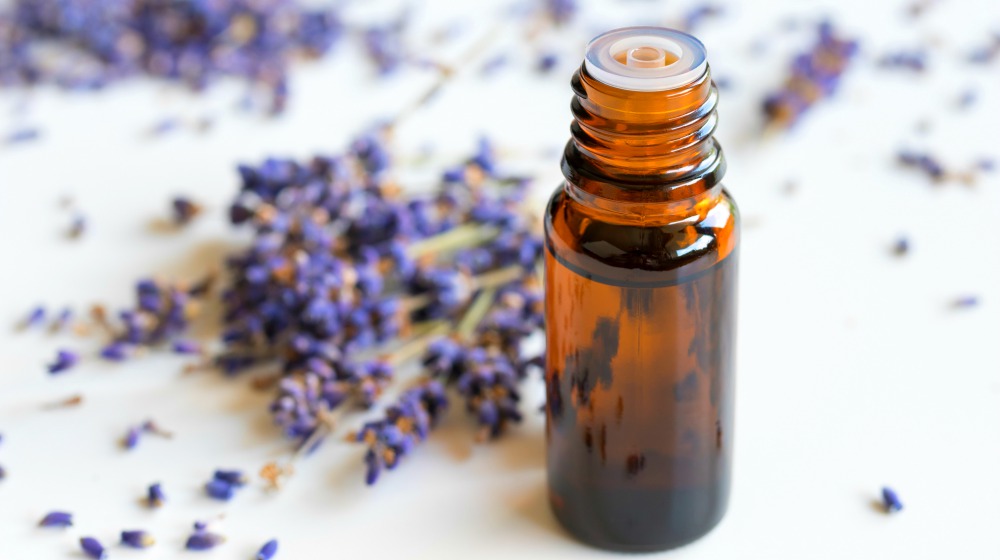
Lavender oil consists of natural anti-inflammatory, analgesic, and antimicrobial properties.
The oil may be effective in treating boils. The potent components in the oil can heal a skin infection such as boils faster and relieving the pain. [6]
Here’s how you may use lavender oil to reduce boils:
- Wash the affected area with warm water using a mild antibacterial soap.
- Apply some drops of lavender oil to the affected area.
- Cover the boil with a dressing.
- Put a warm compress over the dressing for around 5 minutes.
Read More: Lavender Oil for Hair Problems: 5 Ways to Use It
4. Frankincense Essential oil
Frankincense essential oil is very effective in skincare. The oil may heal skin inflammations without leaving any scars. [7]
Frankincense oil can promote collagen production.
As a result, it may help seal your wound after the boil infection is clear.
Frankincense oil can also assist in disinfecting the wound.
Try this frankincense oil remedy to get rid of boils naturally:
- Dilute 12 – 18 drops of essential oil per Oz carrier oil.
- Some of the carrier oils with anti-inflammatory effects are black seed and olive oil.
- Apply the mixture to the boils.
5. Oregano Essential Oil
Oregano oil contains potent natural antibiotics.
Moreover, it is high in carvacrol. This substance can destroy the bacteria such as S. aureus, E. coli, and Pseudomonas aeruginosa. [8]
An easy way to use oregano oil for boils:
- Dilute two to three drops of oregano oil with some carrier oils. Some carrier oils blend well with oregano oil. These oils are tamanu, calendula oil, etc.
- Use gloves while applying this essential oil blend on your pus-filled boil.
Precautions Before Using Essential Oils for Boils
Essential oils are usually harmless. But they may have adverse effects if you use them without proper guidance.
- Don’t use essential oils if you have an allergic reaction to them.
- Some of the essential oils are quite strong. So, you must dilute them with a suitable carrier oil before you use them.
- If you’re already taking medicine for boils, you must talk to your doctor before using any essential oil.
Symptoms of Boils
A boil may become softer, more significant, and quite painful within a few days.
A pocket gets formed with pus on the top of the boil.
The following are the signs of a boil :
- Your skin surrounding the boil becomes infected and gets red, swollen, and painful.
- More boils can develop around the first one.
- You may get a fever.
- The lymph nodes may get swollen.
Read More: How to Get Rid of Boils Fast: 17 Home Remedies That Work
Risk Factors for Boils
The following health issues increase the risk of people getting skin infections or boils:
- Problems with the immune system
- Deficiency in nutrition
- Poor hygiene
- Exposure to chemicals on your skin.
When to See a Doctor
Generally, you can take care of a single boil using essential oils. But if there are multiple boils, you must seek medical attention.
Antibiotics to treat boils: In case of severe skin infection, most doctors prescribe antibiotics. Some of the traditional antibiotics for boils include cephalexin, sulfamethoxazole, vancomycin, clindamycin, mupirocin, doxycycline, etc.
You should also visit the doctor if you see the following symptoms:
- The boils appear on your face.
- The boils Increase rapidly.
- Excruciating pain.
- Fever.
- The boils stay more than 2 weeks.
- Recurrence of boils.
Bottom Line
Boils can be a real pain for you. But the above-listed essential oils may help you get rid of boils soon.
It’s advisable that you do not poke or try to squeeze a boil. Doing so may spread your infection furthermore.
Generally, all the essential oils are mild and have no side- effects for applying to your skin.
But, it is always better to check if you are allergic to any particular oil.
Read Next: 8 Best Essential Oils for Ganglion Cyst with Easy DIY Recipes


